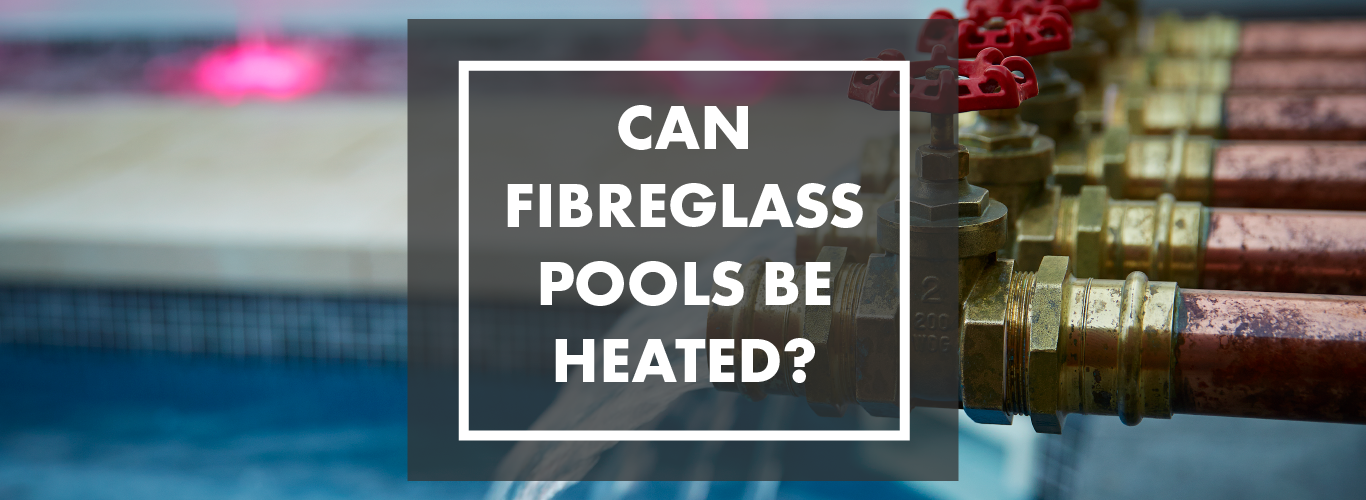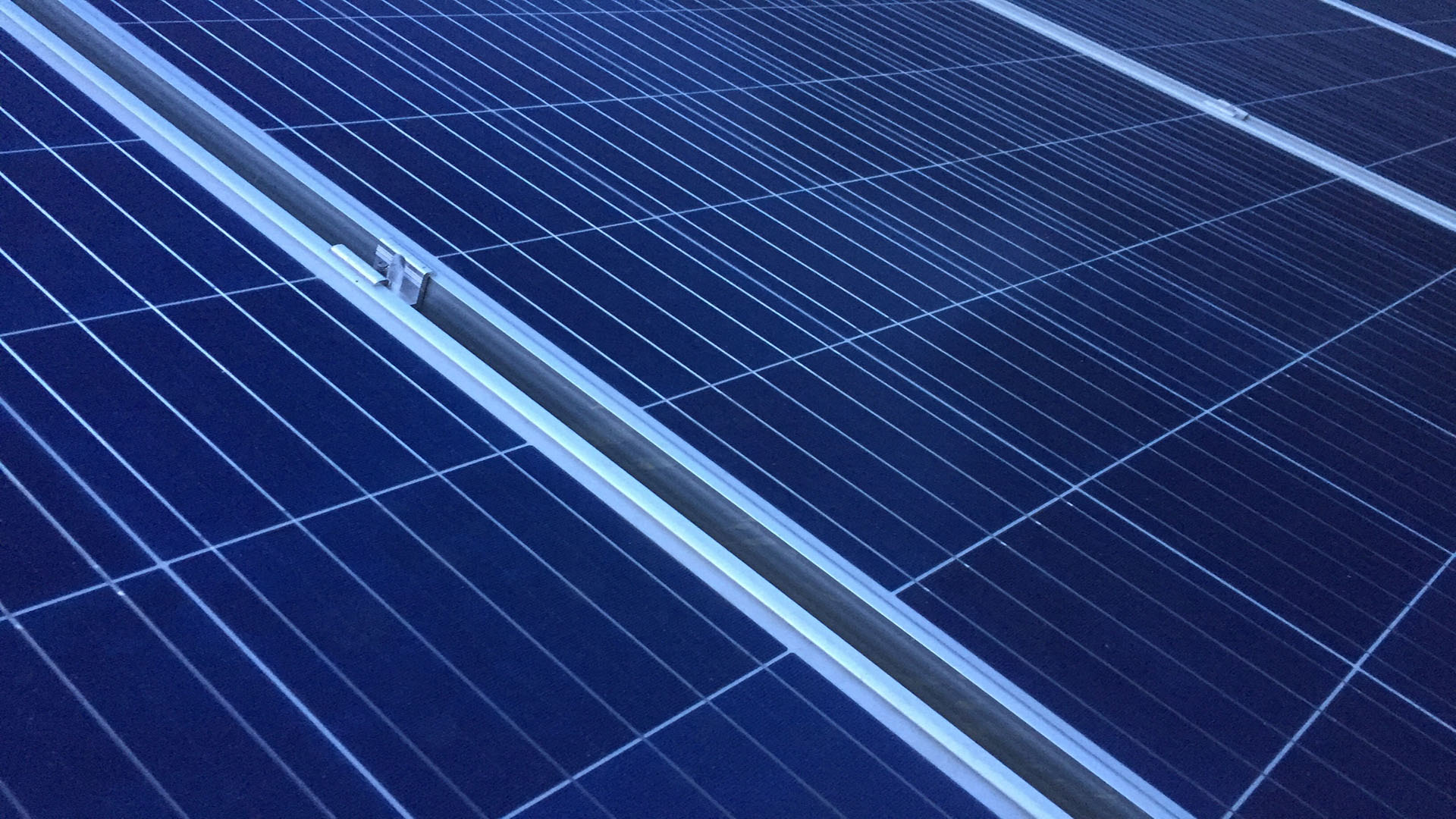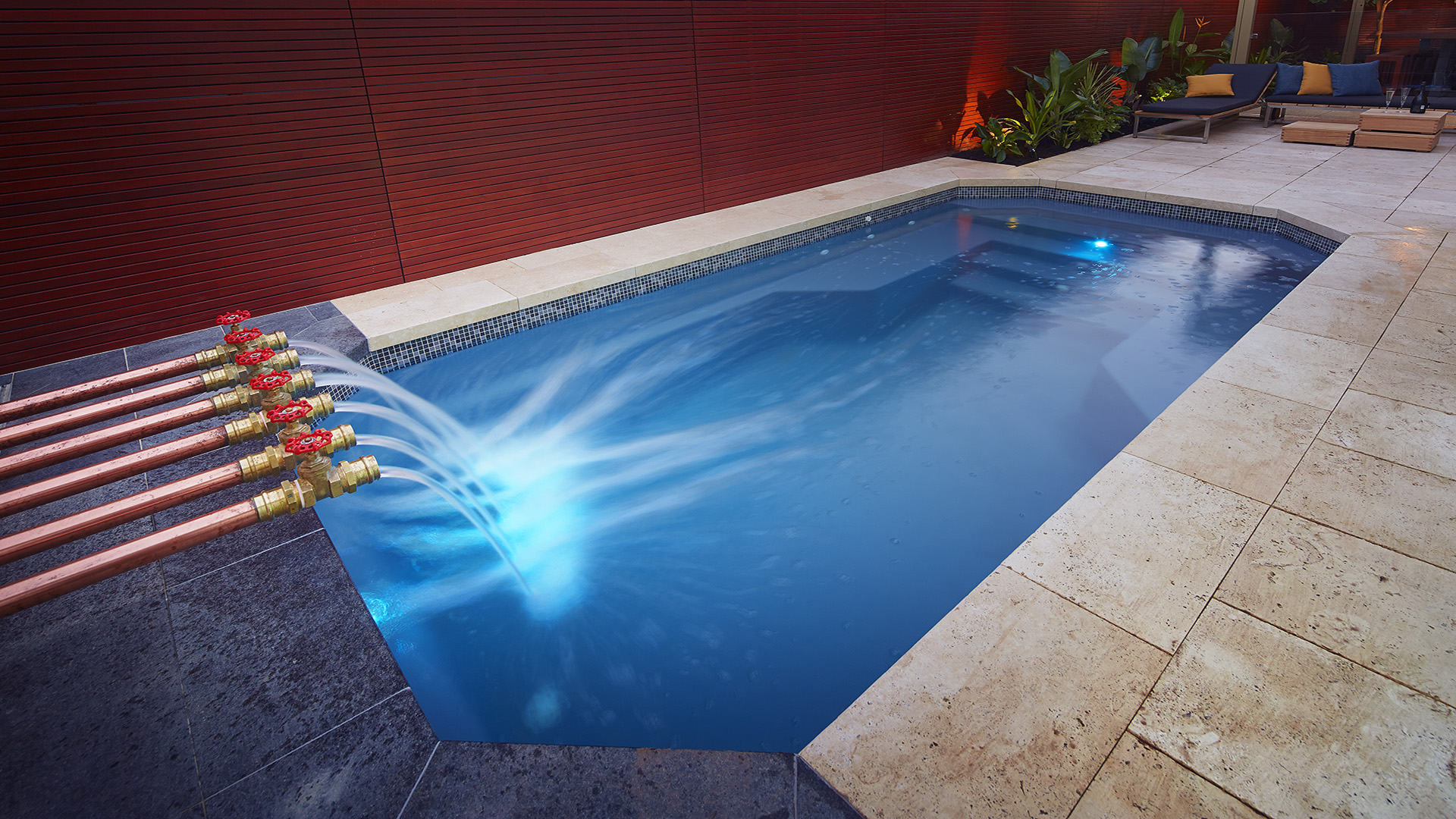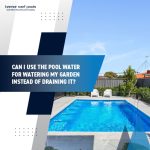Can Fibreglass Pools Be Heated
As the cooler months hit here in Australia, you might find the water is a bit too cold for swimming. A heating system allows you to enjoy your pool year-round, but can a fibreglass pool have heating? In short, yes! You have a few choices when it comes to heating, both come with their pros and cons. Heating isn’t just for pool owners who reside in cooler climates either, it’s a great idea for all outdoor pools, no matter where they are in Australia.

Everything You Need To Know About Heating A Fibreglass Pool!
Why Should I Have A Heating System For My Pool?
Regardless of where you live in Australia, your pool will need some help to heat the water. Many people have the misconception that if you live in a hot climate, your pool will be warm enough to swim in throughout the year, however, this isn’t the case. If you live in a cooler state such as Tasmania or Melbourne you can expect your pool water to be around 16 to 22 degrees in the middle of summer. Most people want to enjoy their pool year-round, not just for the warmest three or four months of the year.
Have you ever ‘felt’ the pool water to check if its warm enough to go for a swim? You jump in and it’s a lot cooler than you thought it was going to be? This is because the warmth from the sun only heats the top surface of the pool, below this is generally three degrees cooler.
Swimming laps or exercising in your pool during the cooler months might be more tolerable as you are constantly moving but if one of the main reasons you purchased a pool was to relax, you might find yourself not using it if the water is unbearably cold.
So, regardless of where you live and the climate of your region, you can greatly benefit from having a heating system for your pool to get the most use out of it, it’s just a matter of choosing the right heater for your fibreglass pool. The great thing about fibreglass pools is they retain the heat for far longer than concrete pools and are generally heat up quicker too!
What Heating Systems Can I Have In My Fibreglass Pool?
There are three different heating systems you can have for a fibreglass pool, these include:
Solar Heating
Solar power is the most popular and most cost-effective solution to pool heating. It uses energy from the sun to heat your pool. Solar is the most environmentally friendly option when it comes to heating it can also save you valuable dollars on your power bill compared to other heating counterparts.
How does solar pool heating work? Solar power heating is run via a solar pump, it uses a tiny amount of energy, only around 1 kW per hour. Cold water is pumped through a series of solar absorber capillary tubes on your hot roof, the water is heated and then returned to your pool. This method maintains a consistent temperature throughout your pool water. Solar power heating works best when there is a lot of sunshine on a warm day. A solar heater system can increase the temperature of your pool by 2 degrees which can make it a lot more comfortable to swim in. When there is a lot of rain, no sun or at night time, the solar heating system does not work as well.

Electric Heating
Electric heat pumps are a popular choice amongst homeowners, like solar, they are a relatively inexpensive method to heating your pool, the difference is, they reuse energy by collecting heat from the air and send it to your pool water through a heat exchanger.
An electric heating system can sometimes be more effective than a solar system, as it is not totally reliant on the sun for power, it is able to collect heat from the air during the night and when the weather is overcast. A positive to having an electric pump is they generally take less time to heat up your pool in comparison to solar heat pumps. A negative to consider is they usually require a larger amount of energy to run than solar heating. This makes them more costly and a less environmentally friendly option. Electric systems usually don’t heat the water up as much as a solar systems, however, it will work more effectively for more months of the year than solar.
Gas Heating
Gas is usually the most expensive way to heat your pool, although, it has its benefits too as it isn’t reliant on the heat from the sun or heat from the air to work. The great thing about gas heating is you can virtually heat your pool to a temperature that suits you anytime throughout the year.
Gas heating systems are commonly used for spas as they maintain a consistent temperature making it enjoyable to use no matter the season. The good thing about a gas system is they heat the water quickly, depending on the size of your system, you can heat your spa in less than hour so its great for when you want to use your pool quickly. Some negatives to having a gas system include the cost of running it can be expensive. As they are not very environmentally friendly, pool owners tend to have them as a back up option to use for when their solar systems aren’t getting enough energy from the sun to heat the pool.
What Heating System Is Best For My Pool?
Deciding which heating system is best for you comes down to your individual circumstances and preferences. Here are the 5 things you should consider when choosing a heating system for your pool:
- Do you want to use your pool throughout the year or if you are happy to just use it in the warmer months?
- Do you use your pool for relaxation, swimming/fitness or therapy reasons?
- The climate where you live
- How frequently you want to use your pool
- The amount of sun you get

Very young children and elderly people tend to be less tolerant to colder pool water than others and this is generally a result of them being less active and they are not likely to be swimming vigorous laps to keep warm. Heating is a great option if your pool is used for physiotherapy purposes. The warm water promotes ease of movement by reducing stress on joints and reducing pain.
Another thing to consider is the size of your pool, the bigger your pool is, the more efficient your heating system needs to be to maintain a consistent temperature.
If a heating system is something you want for your pool, it’s a good idea to talk with a licenced pool builder when planning your pool install. They can offer helpful advice regarding which heating system is suitable for you based on where you live and what requirements may need.
Some heating systems are required to be installed at the same time as the pool, speak with your pool builder regarding your heating before your pool is installed. However, if you already have an existing pool, a heating system can be still be put in.
A Heating System Allows You To Enjoy Your Pool All Year Around!
As mentioned, each pool heating system has their pros and cons, deciding which one is best for your pool is up to your personal preference and budget.
We hope this article has provided you with an insight into the different heating options available on the market, and you can make an informed decision when choosing a heating system for your pool. If you require any further information or have any questions regarding heating, please contact our friendly team at Barrier Reef Pools a call today, we are happy to help.


